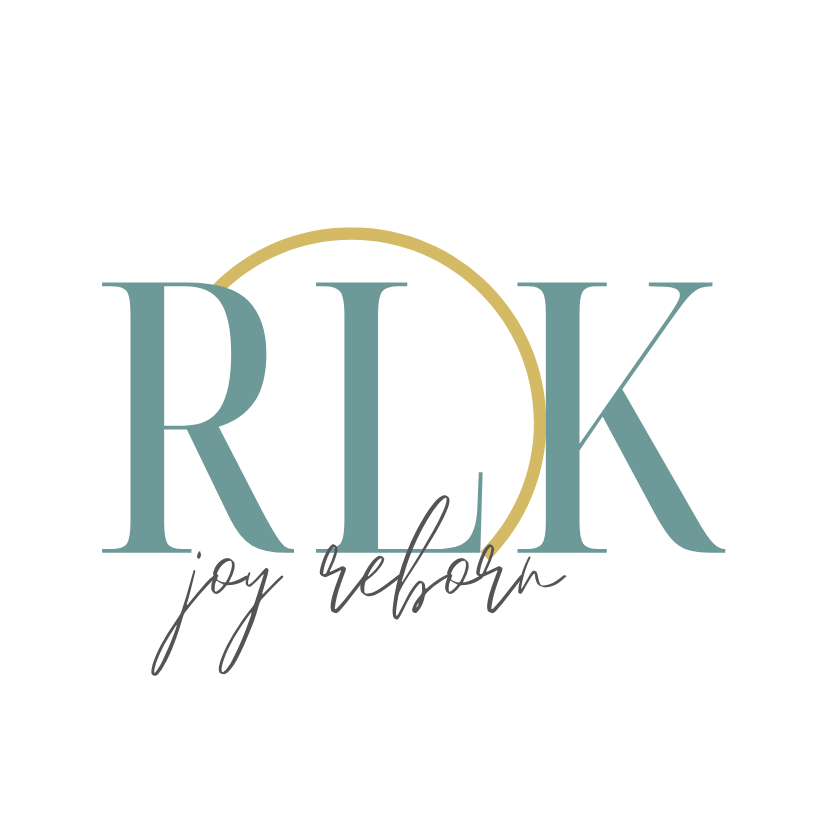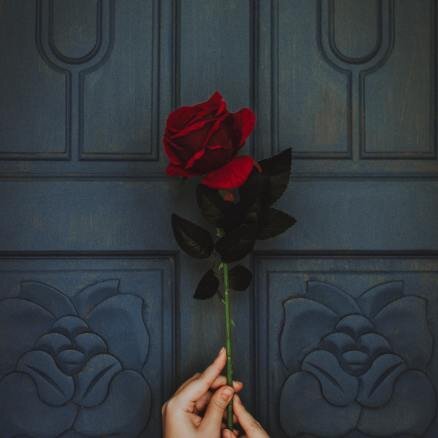Forgotten: We've Lived Through Tough Times Before
Both born a few years after the Depression, my father lived on a farm, my mother in the ‘city.’ Dad ate corn, cabbage, pork and beef. At four-years old, he worked with his dad delivering milk. He took over the chore of driving the truck at six. Although he was prone to exaggeration, this, I believe, was true.
Mom’s family bartered items. Mamaw made the best apple pie ever made from crabapples grown in the yard. They traded for eggs or whatever else they could find. They leased their land for others to live on. If the family stayed within budget, Mom purchased peanut butter with her wages. If her dad spent money on horses, they ate mayonnaise sandwiches.
Dad swore after toting milk into cellars, he’d make money. He worked until the day he died toward that end. My mom’s reaction to her past was different. Conserving before it was fashionable, Mom washed plastic bags, recycled paper and repurposed food until it was unrecognizable. Thank heavens food processors weren’t in the average homes then. We’d have sipped smoothies made from hamburger and green-bean casseroles.
Raising a garden wasn’t a seed-catalogue stakeout for Dad. We’d pack up supplies from Southern States, among the other people in soil-rich boots. As a child, I toed the rows of squash, zucchini and corn stalks. Once, he pulled his pocket knife out and sliced a cantaloupe wedge. Among the summer sky and the tangy tomato leaves, I nipped the fruit, not caring one teenage minute about the drips falling from my mouth.
In a place called Lime Hill, Dad’s family home was covered in bricks from a wrecked funeral parlor. In the late 70s, Dad installed an indoor bathroom to end my grandmother’s treks to the outhouse. Our second home had two bathrooms. Mom wallpapered the master with red and white flocked paper. I’d sneak in there to skim my hands over the raised velvet design.
Mom shopped East End market, paying for groceries on credit at times. She’d scrub our clothes near threadless. I perused the Sears’catalogue for the bedspread and clothing I’d buy one day. We conserved energy. We never ate out. I checked out books from the school library.
Then, a big change happened. Dad paid cash for the “Channel Five” house. Way before HGTV, some visionary built a home, using local vendors, and filmed the progress. It was a mansion to us. It still feels that way. Five-bedrooms, a grand staircase, a view of the Tennessee hills, a formal dining room.
These hard-working people lived extraordinary lives, as we all do in some way upon retrospect. Very few people can say they took the last trip the Concorde offered. Few people can say they shook two presidents’ hands. But my parents did. At heart though, my father loved the shop floor more than the Eiffel Tower, loved picking steaks from his freezer, rather than spotting African game.
Every Sunday after church, we’d stopped by the factory to check in. After eating a tomato sandwich, Dad invited me to drive with him to the country. He taught me to never ever, never ever, ride the cattle gates. We’d step over cow pies, the creators of such trailing us. My eldest brother raised a cow for a 4-H project. To our horror months later, we learned we’d eaten Charlotte. I cried. Ever the practical man, Dad said, that’s what they’re for; that’s what we do. Don’t name your cows.
On the land, in the garden, in the factory, my dad relaxed. He was more himself there than anywhere else. Mom, on the other hand, fit into her skin in the house, cleaning the refrigerator with a toothpick. Hard work never left them. The last words my father uttered was concern for the company’s employees. The week before my Mom went to the hospital for the last time, she organized her cabinets, making sure every item was in its place.
They didn’t worship the people or the things. They recognized the value of them. They had a spirit of appreciation, not entitlement. A spirit of thanksgiving, not envy.
Given our March 2020 virus pandemic, I awoke one morning with the question: when did toilet paper become more important than cash?
But a couple more facts to understand. Several days ago, I ordered food delivery. This is not a prepper act for me. Using apps helps me in my role as caregiver. From Amazon to Lyft to Instacart to Door dash, I’m using it.
Ray, my food shopper and deliverer, contacted me several times about food substitutions. “Any thing you can get will be fine,” I replied. “These are strange times.”
Feeling the weight of chaos, using humor as a balm, I texted, “I’ll give you a hundred dollars for a pack of toilet paper.” Every caregiver knows this product is in high demand always. I laugh off a number of things. The lack of abundance of this worried me. I’d already started dreaming up contingencies.
As the sun set, Ray showed up with our groceries. As he ended his many trips to our front porch, I shouted, “May God bless.” He held up his hand, signaling wait. Down my sidewalk he came, bearing, of all things, a pack of toilet paper. “Where’d you get this, Ray?” Any brand. It didn’t matter. The new gold standard.
“My private stock.”
“What about your father?” Somewhere in our conversation, I’d learned Ray cared for his elderly parent. “I don’t want to take away from him.”
“No, we’re good.”
Never do I want to forget the beauty and kindness of this man. The humility. A man who went out of his way for me. Ray had no idea of my caregiving needs, but his actions showed me he operated from a higher system, one that fixes problems. Although he was reluctant to take it, I gave him the promised money.
In the afternoon, a friend of mine, Anna Gray Smith, and I decided to do a Facebook Live. The question was how do we rise above this corona chaos? We will carry the HOW we acted during this crisis far longer than the actual virus. A Facebook challenge was suggested. What if we changed the hoarding culture to one of giving? What if we became sacrificial, Anna Gray asked. As soon as she spoke these words, I knew what I needed to give away.
Ok, Lord. “You make the way.”
The following morning, as I prepared my coffee--coconut milk cooked just so--Ray strides down the sidewalk with not one package of toilet paper, but FIVE! “What are you doing, Ray?”
He lifts his treasures. “I’m bringing you something.” He did this of his own volition, his own compassion, his own will. No strings or creepiness attached. This is this man to his DNA. Out of his abundance, he gave.
Little did he know it was impressed upon my heart to pick up extra cash. I pressed some bills in his hands and he shook his head. “No, this is not necessary.” He meant it.
“Not my idea, Ray. May you and yours be blessed.” The beautiful free enterprise of heaven warmed me.
My daddy liked his secrets, but the favorite ones I love to hear is how he helped people. My mother, at 84, carried bills to tuck into waitresses’ hands. She even tried to tip a police officer in the courthouse once. These acts of goodness were sacrificial for my post-depression parents. They carried their early years with them all their lives. They overcame those fears by giving. Out of their abundance, they gave. These are words for us to live by now.
Consider doing a hard thing. Commit to giving something away that makes you feel itchy. Yes, maintain the prescribed social distance. But watch how the Rays and Jackies of this world show up and provide. I’d love to hear below how it works out in your life. And yes, I gave a pack away.
Photo by Loverna Journey on Unsplash


